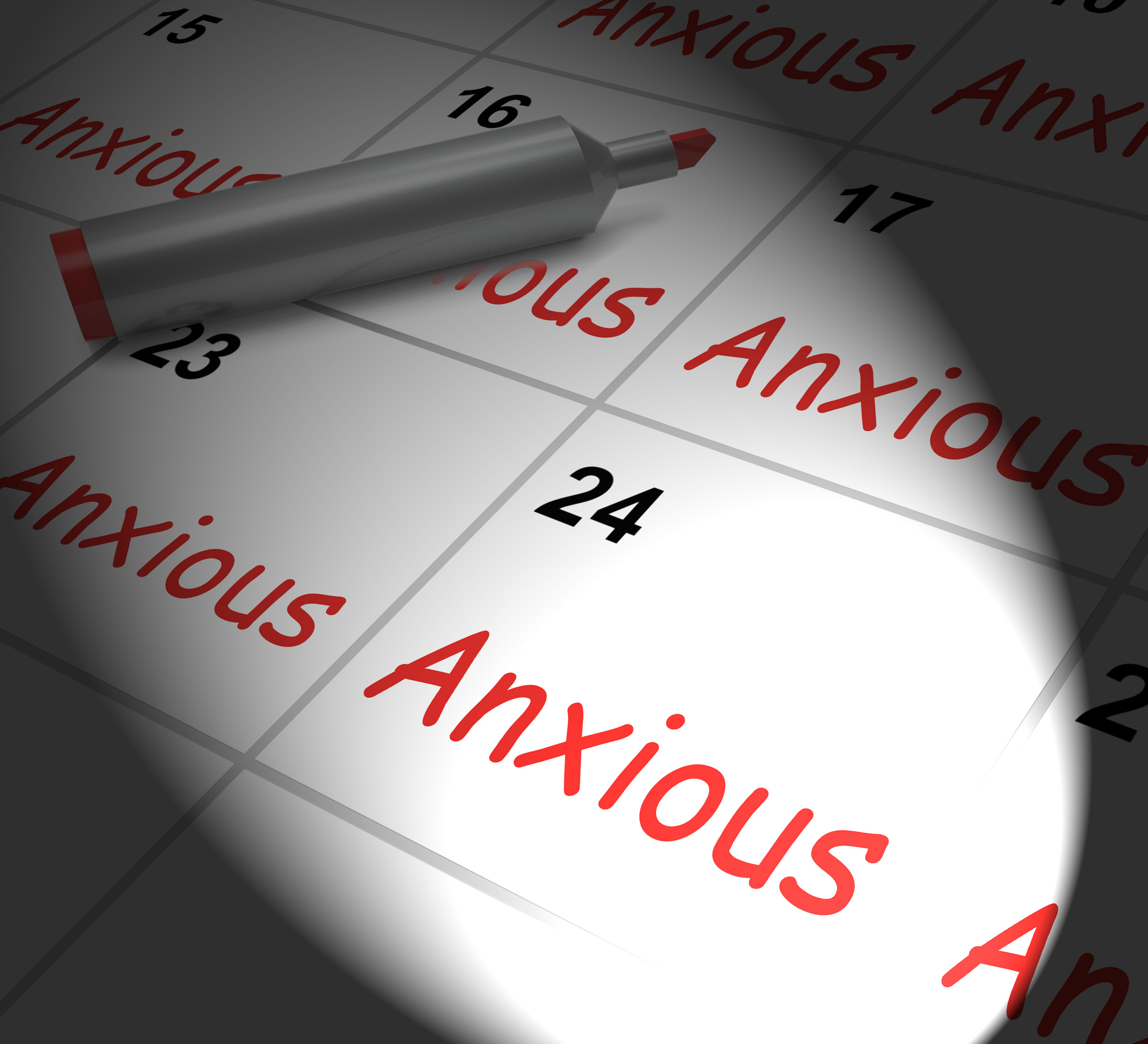Most of us in some way have experienced anxiety in our lives. It might be that feeling in your stomach before a big exam when faced with a big decision that could change your life forever or it might be as simple as crossing the street or having to make a speech in front of your colleagues.
Regardless of the cause anxiety is very real and for some it is much more severe and a major problem for their happiness and health.
A global problem?
Those who have anxiety disorder will usually have more frequent anxiety attacks that are prolonged and generally more intense. This can continue for lifetimes and will affect the individual’s life and daily mood and mental health.
Anxiety disorders affect more than 25 million American citizens a study in 2020 showed. It is also the most common mental illness in the USA.
Mental health in 2020
Over the years more anxiety disorders have been issued many of which share the same or very similar symptoms from one another. This is a major problem for the millions of people around the world who suffer from these disorders and unfortunately even though many positive changes have been made in recent years in the mental health industry it is still not treated as seriously as other illnesses.
Anxiety still a taboo in society
There is still somewhat of a taboo in society and media attention when talking about these problems that we all face, especially when dealing with adult men. Men actually have a higher rate of suicide than women.
Women tend to experience anxiety than men studies have shown and the causes can be genetic and also environmental that can create or lead to people developing different types of anxiety disorders.
This may develop from difficult upbringing and childhood experiences or negatives events that happen in our lives triggering emotion distress and anxiety.
Symptoms of Anxiety Disorder?
- Feeling restless, drained and on edge
- Trembles or shaking
- Tired and fatigued
- Finding it hard to concentrate and focus
- Irritable
- Tension in the muscles
- Feelings of doom and negative thoughts
- Irrational thinking and concerns
- Problems falling or staying asleep
How is Anxiety Diagnosed
The best way to diagnose anxiety is to visit your local mental health care provider and they will typically offer a screening. Questions with regards to your symptoms and how they have been developing over the weeks or months or potentially yeas. You will then be sent to see a psychologist or psychiatrist professionals who help diagnosing and treating all kinds of mental health disorders.
Below we will look at how anxiety can be eased or treated in some cases.
Anxiety disorders are treatable with psychotherapy, medication, or both. Treatment helps most people lead normal, productive lives.
Psychotherapy methods include:
- Cognitive behavioral therapy, this teaches individuals different ways of thinking, behaving, and reacting to situations that triggers the event
- Cognitive therapy, which helps people identify, challenge, and neutralize any negative or delusional thoughts creating anxiety
- Exposure therapy, which helps people confront fears so they can participate in activities they have avoided.
- Anti-anxiety medications may reduce the symptoms of anxiety, panic attacks, or extreme fear and worry.
- Antidepressants can improve the way your brain uses certain chemicals that iill then help improve your stress and mental thoughts
Anxiety is very individual in how we perceive and deal with it. We tend to love our anxiety and we make it bigger and more special than it is because it is our and ours alone. It can be all consuming in our mind which is then projected in our life and everyday existence.
We don’t feel that other people may feel the same as or even relate when we have this negative mindset about our anxiety, stress, or depression. We need to learn that we can face it and deal with it and to use the services available to us and those loved ones around us who we can discuss our stress and anxiety with.


